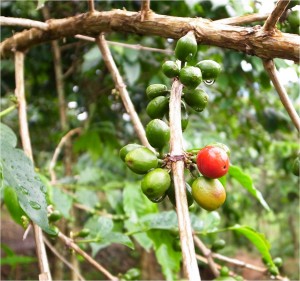April 4, 2012
Investigation of current trends and issues in the Agriculture, Forestry and Fisheries of Rwanda
 Promar completed field research on agriculture, forestry and fisheries in Rwanda and Tanzania in late 2011 as part of a project for the Japanese Ministry of Agriculture, Forestry and Fisheries (MAFF).
Promar completed field research on agriculture, forestry and fisheries in Rwanda and Tanzania in late 2011 as part of a project for the Japanese Ministry of Agriculture, Forestry and Fisheries (MAFF).
The purpose of these studies was to provide background for designing aid and technical assistance projects in agricultural development in sub-Saharan Africa, as well as inform private sector investment and business ventures. Because each country and region in sub-Saharan Africa has significant differences in natural environment as well as in socio-economics, politics and culture, in order to provide effective and efficient assistance, MAFF recognized that it is absolutely essential to have the most current information on the agricultural conditions and the major challenges facing the individual countries and the regions within them. Therefore MAFF has been supporting the collection and analysis of information related to the overall agricultural sectors in various sub-Saharan African countries.
Rwanda was chosen as a focus of this year’s research because of the political clout it wields in East Africa despite its small size and the recent reputation for action and innovation among its government and leadership. Our aim was to document and analyze trends in Rwanda’s agricultural sector in a useful and straightforward way that could be beneficial to private sector investors as well as development assistance donors and implementers.
Within the Rwandan agricultural sector we looked at several key sectors in detail: the rice value chain, the banana industry and its value chain, coffee production and value chain as well as tea production and its value chain. We look at the production trends in these sectors as well as their role in food security and income generation.
Please click on the PDF file to read the full report in English.
Agriculture, Forestry and Fisheries of Rwanda
